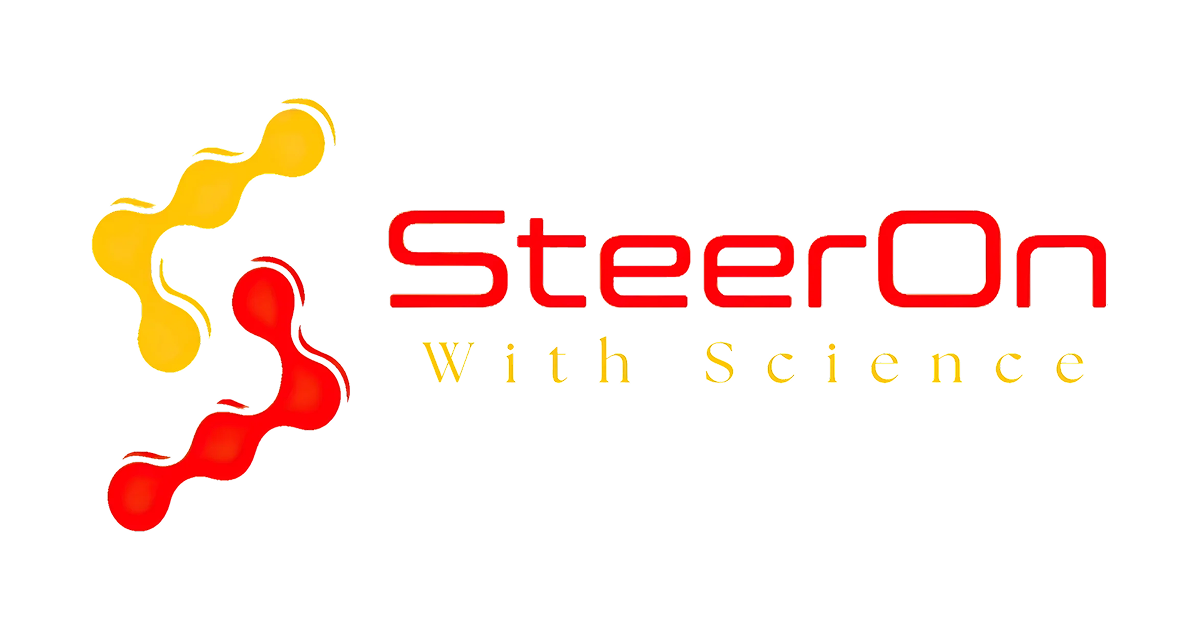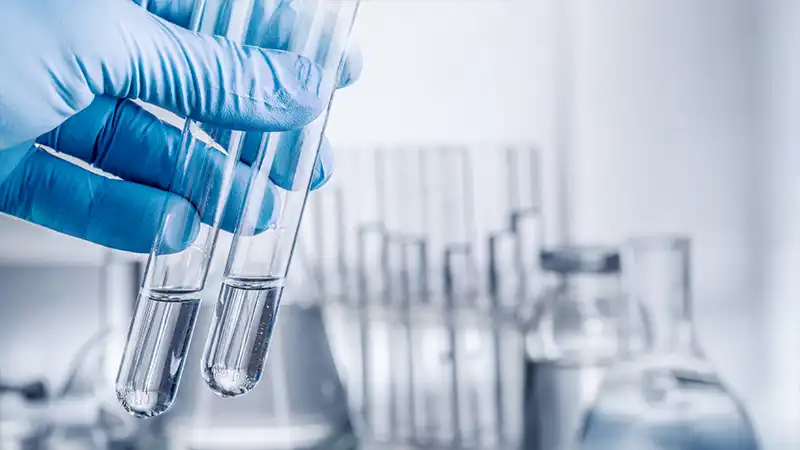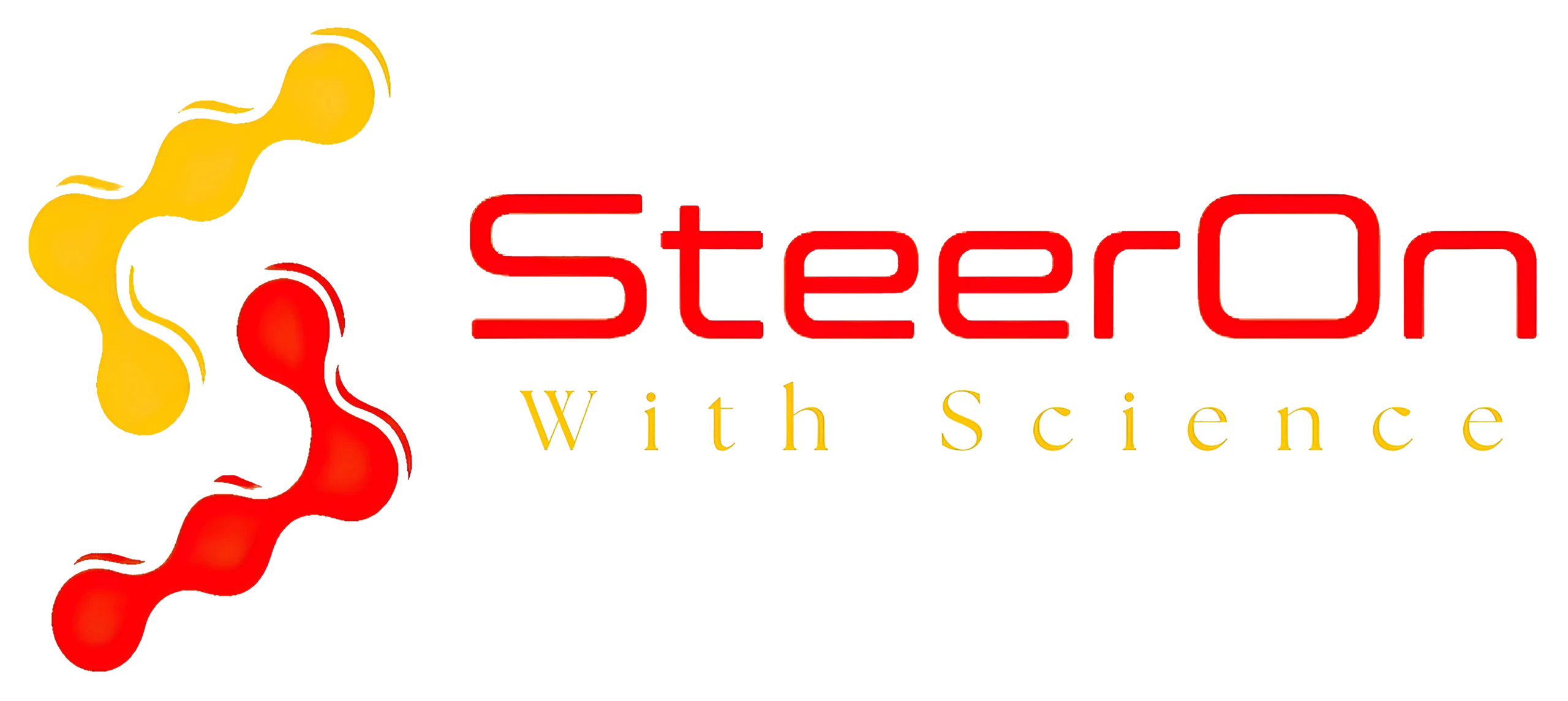The Role of Medicinal Chemistry in Drug Discovery
Medicinal chemistry integrates synthetic chemistry, biology, and computational tools to design and develop novel therapeutics. It plays a pivotal role in accelerating drug discovery by optimizing drug candidates to enhance efficacy, safety, and bioavailability. This process involves a systematic approach to identifying promising compounds, refining their structures, and overcoming biological challenges to transform them into viable clinical candidates.
Key Stages in Medicinal Chemistry for Drug Development
1. Identifying and Validating Drug Targets
The first step in drug discovery involves identifying a biological target, such as a protein or enzyme linked to a disease. Scientists study these targets to confirm that modifying their activity can lead to therapeutic benefits. This validation is crucial to ensuring the success of subsequent drug development steps.
2. Hit Identification and Lead Optimization
Once a target is identified, medicinal chemists screen thousands of compounds using techniques like high-throughput screening (HTS) and structure-based drug design (SBDD) to find potential candidates, known as “hits.” These hits undergo extensive optimization to enhance their potency, selectivity, and pharmacokinetic properties, leading to the development of refined “lead compounds.”
3. Structure-Activity Relationship (SAR) Studies
SAR analysis helps researchers understand how changes in a molecule’s structure impact its biological activity. By systematically modifying functional groups, chemists optimize drug candidates to achieve maximum efficacy with minimal side effects.
4. ADMET Optimization
Before advancing to clinical trials, drug candidates undergo rigorous assessment of their Absorption, Distribution, Metabolism, Excretion, and Toxicity (ADMET) properties. Through strategic modifications, medicinal chemists improve drug stability, bioavailability, and safety. Advanced techniques such as microwave-assisted synthesis and combinatorial chemistry help accelerate this optimization process.
Overcoming Biological Barriers in Drug Development
Medicinal chemists employ innovative strategies to address biological barriers that hinder drug efficacy and delivery:
- ADME Optimization: Adjusting physicochemical properties (e.g., logP values and hydrogen bond counts) to enhance solubility and membrane permeability.
- Prodrug Strategies: Masking functional groups to improve absorption and bioavailability (e.g., ester prodrugs for enhanced delivery).
- Metabolic Stabilization: Incorporating fluorine atoms or steric modifications to prevent rapid degradation in the body.
Innovative Modalities in Medicinal Chemistry
Modality |
Example Applications |
Advantages |
|---|---|---|
|
Small Molecules
|
Targeted kinase inhibitors
|
High oral bioavailability
|
|
Biologics
|
Monoclonal antibodies (e.g., adalimumab)
|
High specificity for protein targets
|
|
Peptide Therapeutics
|
Stapled peptides for cancer therapy
|
Enhanced stability over linear peptides
|
|
Oligonucleotides
|
siRNA-based drugs (e.g., patisiran)
|
Gene silencing capabilities
|
|
Metallodrugs
|
Cisplatin (cancer), lithium (bipolar disorder)
|
Unique redox properties
|
The Impact of Medicinal Chemistry on Healthcare and Industry
Medicinal chemistry innovations benefit various stakeholders in the pharmaceutical ecosystem:
For Patients:
- More effective and safer medications lead to better treatment outcomes.
- Increased availability of novel therapies for previously untreatable diseases.
For the Pharmaceutical Industry:
- Enables the discovery of innovative drugs, enhancing market competitiveness.
- Improves regulatory success rates by ensuring safety and efficacy compliance.
For Healthcare Professionals:
- Provides access to advanced therapeutics for improved patient care.
- Enhances treatment precision through targeted drug design.
For Researchers and Scientists:
- Expands career opportunities in drug discovery and development.
- Drives scientific progress by deepening the understanding of disease mechanisms.
Conclusion
Medicinal chemistry is at the core of modern drug discovery, addressing complex health challenges with cutting-edge innovations. As the pharmaceutical industry evolves, the integration of chemical biology, artificial intelligence, and advanced analytics will continue to shape the next generation of therapeutics. At SteerOn, we specialize in medicinal chemistry solutions that empower drug discovery teams worldwide, accelerating the journey from molecule to medicine.
Explore our services to advance your medicinal chemistry research!




